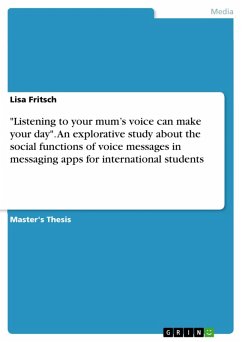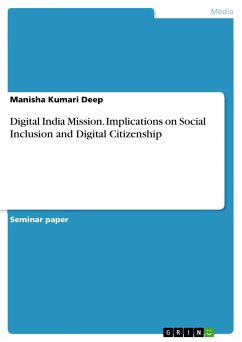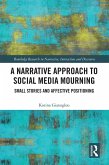Master's Thesis from the year 2019 in the subject Communications - Interpersonal Communication, grade: 1,6, European University Viadrina Frankfurt (Oder), language: English, abstract: Since 2013, voice messages can be sent using messaging services such as WhatsApp. Thus, the oral information transfer enters the digital messenger communication, which was previously exclusively based in written form. In German research of communication and linguistics, there are few scientists who have so far dealt with voice messages. They present a new challenge for the media linguistic conception of digital communication, as they fall into a gap between oral and written language utterances. The linguistics professor Katharina König emphasizes this decisive new aspect: "With the integration of voice messages[...] media orality enters the non-simultaneous, quasi-synchronous messenger communication." Voice messages bring a kind of 'answering machine' option to messenger chats. How does this change digital communication? What are the social functions for the interpersonal exchange of them? These questions were investigated as part of a qualitative research, for which 20 international students between the ages of 20 and 34 were interviewed in Paris and Sofia. The selection of this sample favors the preservation of a homogeneous group of young adults in the same life situation. The research results showed that, despite the different countries of origin, the students have a similar usage of voice messages. The main benefit of voice messages is that they can be sent faster and easier and are therefore particularly practical in stressful situations. The speed allows more complex information to be recorded in less time. Furthermore, the increased emotionality through one's own voice and consequently a bigger intimacy between two chat partners, play an important role in the social functions of voice messages.
Dieser Download kann aus rechtlichen Gründen nur mit Rechnungsadresse in A, B, BG, CY, CZ, D, DK, EW, E, FIN, F, GR, HR, H, IRL, I, LT, L, LR, M, NL, PL, P, R, S, SLO, SK ausgeliefert werden.









